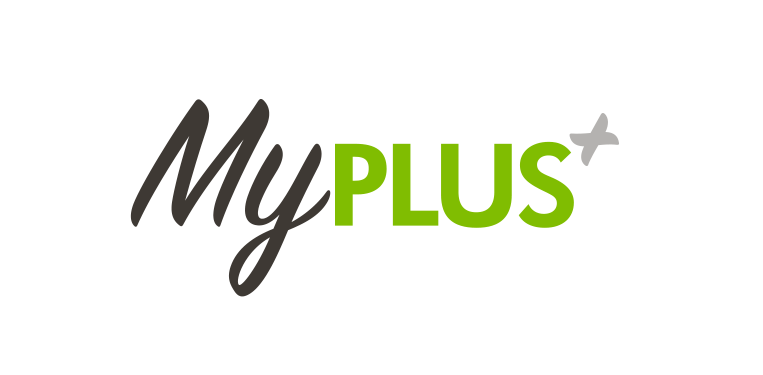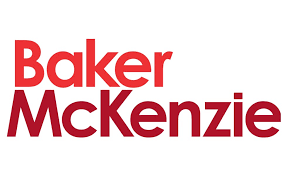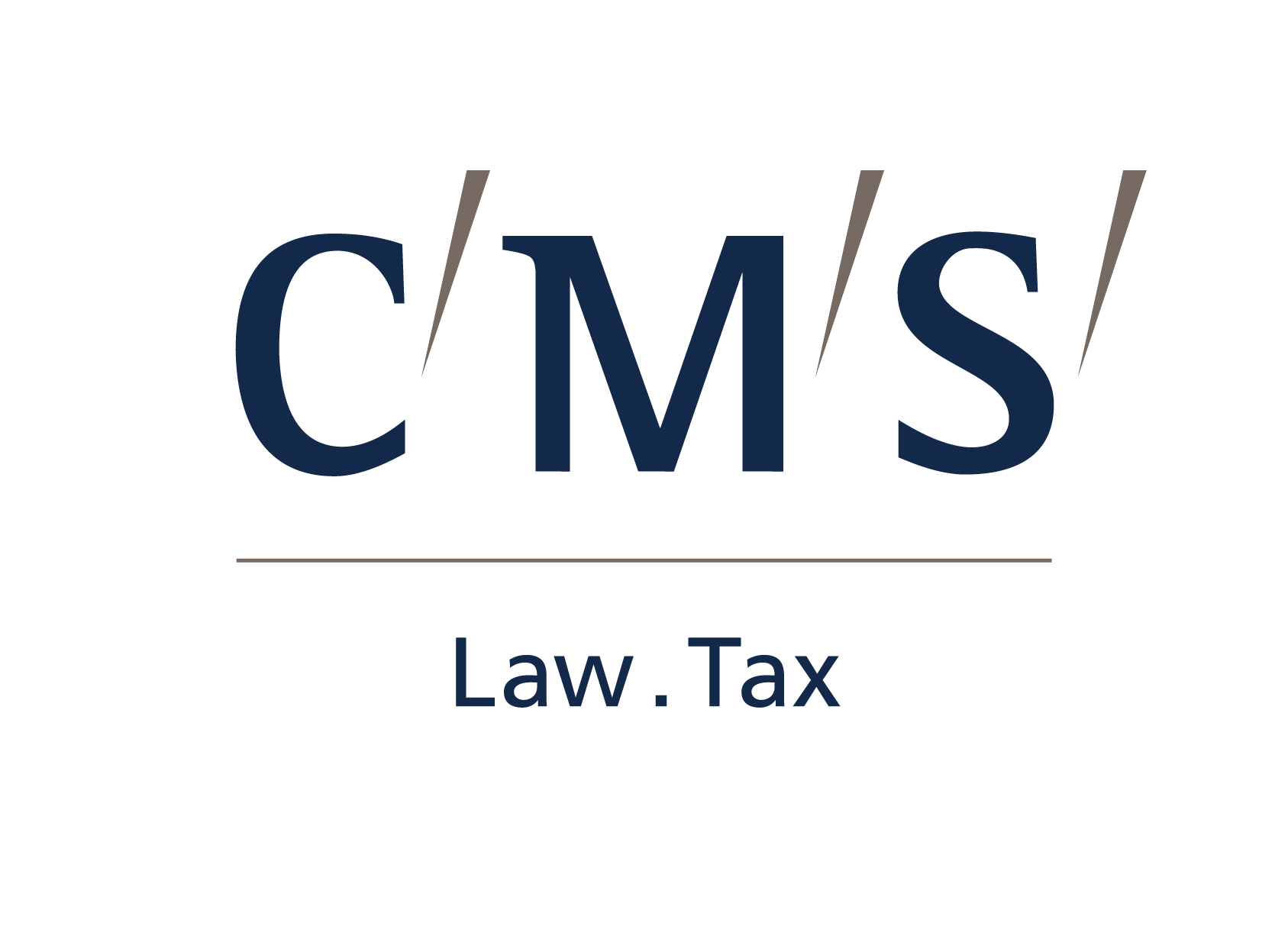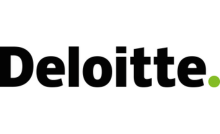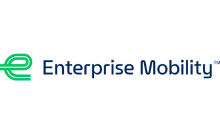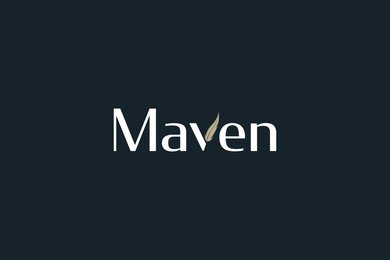Author - Lise Austen, Recruiters’ Club Manager, MyPlus
With 15% of a workforce being neurodiverse according to AGCAS and a 31% increase in neurodiverse graduates between 2011 and 2017 according to HESA, this represents a significant proportion of an organisation’s current and future workforce. However, according to CIPD only 10% of HR professionals consider neurodiversity in their people management practices.
Due to the increasing interest in neurodiversity from employers we work with we know that many organisations recognise that individuals with neurodiverse learning differences bring different perspectives and skills which are of immense value to them as a business. Employers need help though to build their understanding of how to recruit neurodiverse candidates and support them in the workplace, particularly in today’s new virtual world, to ensure they leverage these skills and employees can operate at their full potential.
As part of the Recruiters’ Club, our membership forum which provides advice and support for employers on attracting and recruiting individuals with disabilities, we recently ran an educational event with neurodiversity expert Dan Aherne from Adjust Services. The aim of the event was to help employers understand more about the different types of neurodiverse learning differences, the skills each of them can bring to an organisation, the impact that remote working has had on neurodiverse employees and what to consider in a virtual recruitment process.
Adjust’s definition of neurodiversity is the concept that we recognise, value and celebrate that we all think differently. Neurodiversity is an umbrella term for a set of differing neurotypes or skill profiles. There are a number of hidden disabilities that come under this definition which include dyslexia, dyspraxia, autism and ADHD and in the UK the percentages of people with these particular learning differences are represented as follows:
10% of the population have dyslexia
5% of the population has dyspraxia
4% of the population have ADHD
1% of the population has autism
Each neurodiverse conditions brings different skills, all of which are strengths that employers’ value and can have a positive impact on an organisation.
Strengths of different neurodiverse conditions
Dyslexia
Verbal skills
Problem solving
Idea generators
Working with people
Autism
Good with detail
Problem solving
Logical
Dedicated
Dyspraxia
Creative
Idea generators
Verbal skills
Problem solving
Working with people
ADHD
Creative
Hyper focus
Passionate
Outcome focused
Organisations need a mix of neurotypical (generalists) and neurodiverse employees. It is good to have different thinkers in the workplace. We always talk about ‘Plus’s’ at MyPlus and these strengths are their plus’s.
The impact of remote working on neurodiversity employment
Many people will assume that the pandemic has suited employees with neurodiversity; for some it has however for others it has been more of a challenge. Some neurodiverse employees do prefer remote working however others find it isolating and struggle with the lack of structure. For autistic individuals in particular change is a challenge, so the pandemic has had significant impact.
Neurodiverse employees are likely to have heightened levels of anxiety with the disruption in their routine and with reduced contact with managers, they also lack the clarity and guidance they require. In the longer term they may have concerns about the transition out of lockdown.
With the explosive number of meetings taking place online since the pandemic started, this is exhaustive for most employees however it is more so for neurodiverse employees who may also find the meetings hard to follow.
To combat isolation Adjust recommends additional check ins and team catch ups. To ensure communications are effective, check the preferred form of communication of neurodiverse employees and record online meetings, particularly for those with dyslexia.
To provide structure for employees with ADHD who are prone to overworking without a manager watching over them complete additional check-ins and daily/weekly to-do lists. Give clear and precise expectations on work and deadlines, and to help the employee stick to their core working hours set calendar reminders to end the day.
In preparation for the future of work, provide clear and precise information to help manage anxiety and take the time to understand the impact of change on neurodiverse employees. Ensure support and adjustments can be accessed at home if an employee has these in the workplace.
Most important of all is the fact that it all comes down to communication. As we always say at MyPlus you don’t have to be an expert in every disability or learning difference, ask the employee what they need and be flexible; they are the expert in their disability and what they require.
For more information about Adjust Services and the services they offer around neurodiversity visit Adjust Services website and to find out more about other disability related events that MyPlus offer for employers visit our events calendar page.
